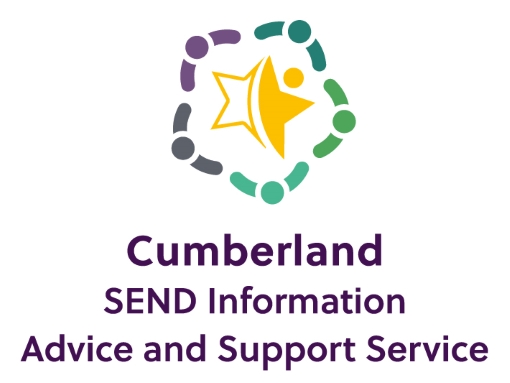Education, Health and Care Plan (EHCP) Needs Assessment Process
EHCP Needs Assessment Process
An Education, Health and Care (EHC) needs assessment is an assessment of a child or young person’s education, health and care needs. An assessment can result in a Local Authority (LA) providing an EHC plan (EHCP) for a child or young person. An EHCP sets out any additional support and funding needed for a child or young person with special educational needs (SEN).
The LA must seek information and advice on a child or young person’s needs, the provision needed to meet those needs, and the outcomes expected to be achieved by the child or young person. This advice must come from a range of different people, including:
- The child’s parent or the young person.
- Manager, headteacher or principal of education institution.
- Medical advice and information from a health care professional identified by the responsible commissioning body.
- Psychological advice and information from an educational psychologist.
- Advice and information in relation to social care.
- Advice and information from any other person the local authority thinks is appropriate.
- Any person the child’s parents or young person reasonably request the local authority obtain advice from.
The LA is required to seek all of this information as a minimum.
If a child or young person is hearing impaired and/or visually impaired the educational advice must come from a suitably qualified person.
The LA should consider whether a social care assessment and/or health assessment is also needed.
How should the LA involve the parents/carers and young people?
If a parent or young person already has their own advice and reports, these can be sent as part of their own advice to ensure that they form part of the assessment process. The LA must consider this evidence when making its decision.
As well as the considering evidence provided by parents/young person, the LA must:
- Consult with the parent or young person, and where the case involves a child, they must also consult with the child. They must take into account their views, wishes and feelings.
- Engage the child and the child’s parent or the young person, ensuring that they can take part in decisions, and
- Minimise disruption for the child, the child’s parent, the young person and their family.
If the child’s parent or the young person requires any information, advice and support for them to take part effectively in the Education, Health and Care (EHC) needs assessment, this must be provided. Cumberland SENDIASS can provide parents, carers, children and young people with this type of support.
How long will this take?
- The LA must reply within 6 weeks to inform you if they are going to conduct an EHC needs assessment. They should always reply to you as a parent or young person – even where the request was made by the school or college.
- If the LA refuses to conduct an assessment, you have the right to appeal against this decision. The LA’s letter should explain that there is a right to appeal to the First-tier Tribunal (Special Educational Needs and Disability) and should contain details of a mediation service for you to contact.
- If the LA decides not to issue an EHCP based on the evidence from the EHC needs assessment, it must tell the parent or young person within 16 weeks of the date the request for an assessment was made. The parent or young person can appeal this decision to the SEND Tribunal.
- If the LA decides to issue an EHCP, it will first send out a draft plan for the parent or young person to review and comment on. The final EHCP will then be sent to the parent or young person within 20 weeks from the date the assessment was requested. To meet this deadline, the LA would need to send out the draft plan at the 14 to 16 week point in the process - from the date the assessment was requested.
Please contact your local Cumberland SEND IASS Co-ordinator for additional information, advice and support regarding the EHCP assessment process.
